Hormonal changes during stress can cause the oil glands to become overactive, increasing sebum secretion and causing acne.
Stress and acne have a two-way relationship. Stress can make acne worse, and acne flare-ups can be influenced by emotions. According to the American Academy of Dermatology (AAD), stress causes the body to produce more androgen hormones, which stimulate the oil glands and hair follicles, leading to acne. This psychological state can also increase the hormone cortisol, which makes acne worse.
Researchers at the University of Pittsburgh Medical Center, USA, say that people who are stressed tend to resort to bad habits such as snacking, not getting enough sleep, and being lazy, which makes their skin worse.
The body's stress response can affect the skin's barrier function, the ability to heal, and increase skin infections. Excessive scratching can worsen inflammation, causing scarring or hyperpigmentation in darker areas.
Acne can occur at any age, but is most common in teenagers. Acne can also begin or continue into adulthood. Acne is more common in women than men due to hormonal changes during the menstrual cycle, pregnancy, or menopause.
Anyone who is stressed can get acne. A 2017 study of 144 female medical students, ages 22 to 24, from King Abdulaziz University in Saudi Arabia found that those with higher stress levels had more severe acne. However, the mechanism by which stress causes acne still needs to be studied.
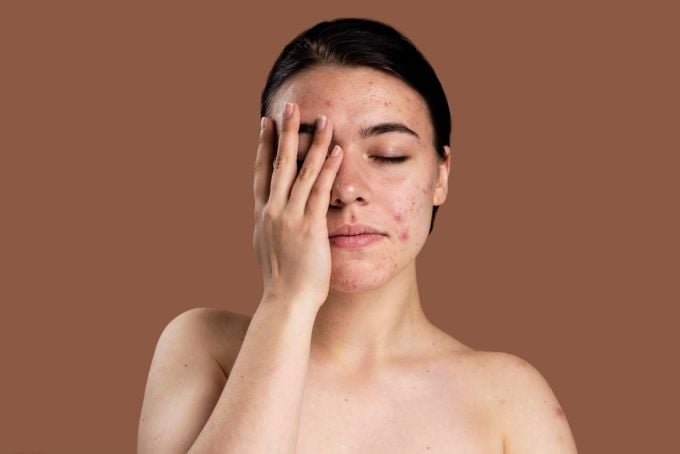
Forehead, face, chest are prone to acne. Photo: Freepik
Some types of acne caused by stress include milia, blackheads, papules, pustules, and cysts. Acne can appear on areas such as the forehead, face, chest, back, and shoulders. Stress can slow the healing of acne, making the lesions last longer and become more severe.
To treat acne, your doctor may prescribe oral or topical medications. Hormone therapy may be used to block the effects of androgens on the sebaceous glands, usually in women. If this does not work, your doctor may consider other treatments such as laser therapy, light therapy, or surgery to treat scars.
People prone to acne should gently cleanse their skin with a cleanser in the morning, at night, and after exercise. Use a mild cleanser and rinse with warm water. Do not touch, rub, or squeeze pimples. Use sunscreen when outdoors, as some acne medications can make the skin more susceptible to sunburn.
Wash your hair regularly if you have oily hair. Avoid makeup, choose oil-free cosmetics and hair care products, and drink plenty of water.
To reduce stress, maintain a healthy lifestyle, eat nutritious foods, get enough sleep, exercise regularly, avoid alcohol and caffeine. Participate in activities that you enjoy such as yoga, massage or listening to music, practice relaxation techniques such as deep breathing, meditation. Talk to friends, family or a mental health professional to deal with psychological problems.
Mr. Ngoc (According to Verywell Health )
| Readers ask dermatological questions here for doctors to answer |
Source link


![[Photo] General Secretary To Lam receives Russian Ambassador to Vietnam](https://vstatic.vietnam.vn/vietnam/resource/IMAGE/2025/4/2/b486192404d54058b15165174ea36c4e)
![[Photo] Prime Minister Pham Minh Chinh receives CEO of Standard Chartered Group](https://vstatic.vietnam.vn/vietnam/resource/IMAGE/2025/4/2/125507ba412d4ebfb091fa7ddb936b3b)
![[Photo] Prime Minister Pham Minh Chinh receives Deputy Prime Minister of the Republic of Belarus Anatoly Sivak](https://vstatic.vietnam.vn/vietnam/resource/IMAGE/2025/4/2/79cdb685820a45868602e2fa576977a0)


![[Photo] Comrade Khamtay Siphandone - a leader who contributed to fostering Vietnam-Laos relations](https://vstatic.vietnam.vn/vietnam/resource/IMAGE/2025/4/3/3d83ed2d26e2426fabd41862661dfff2)




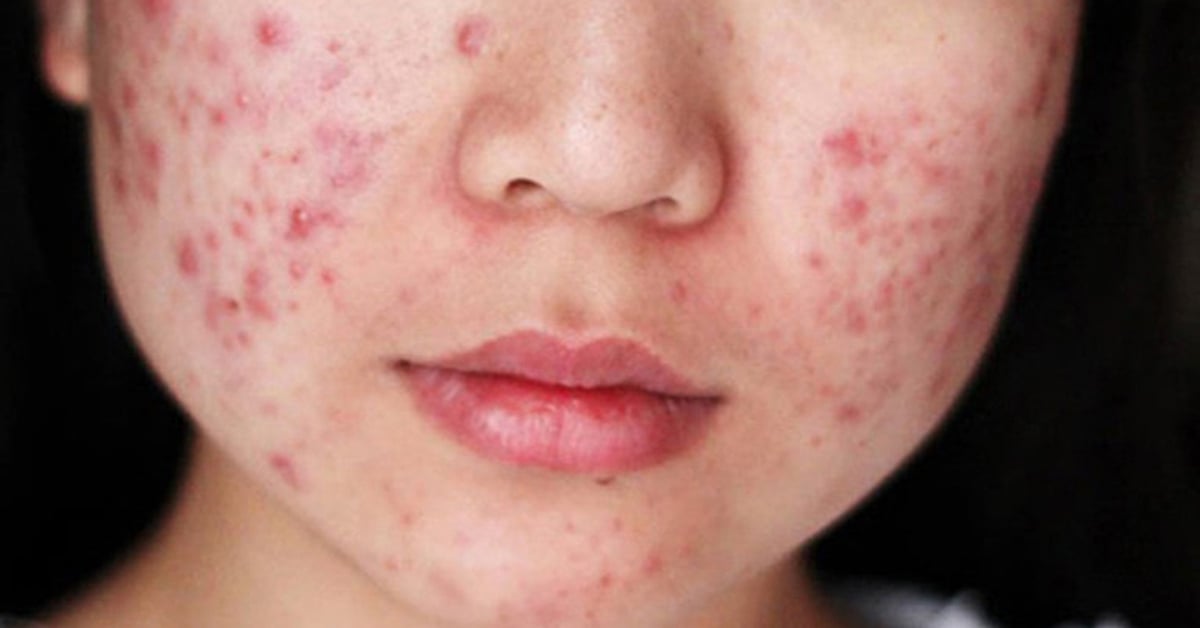


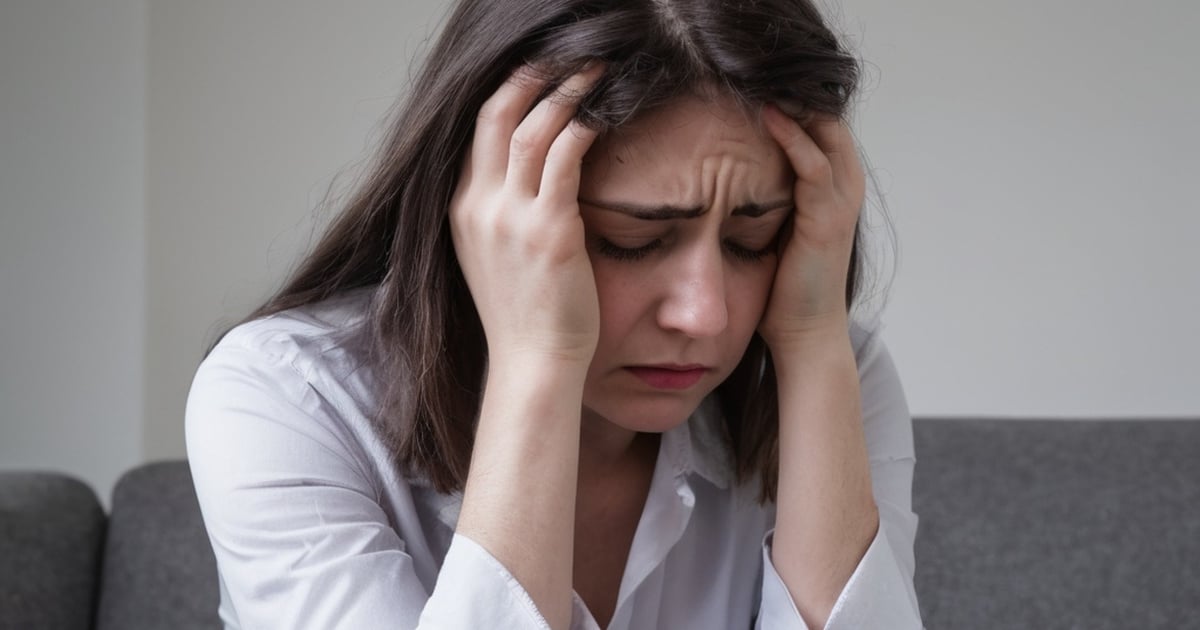

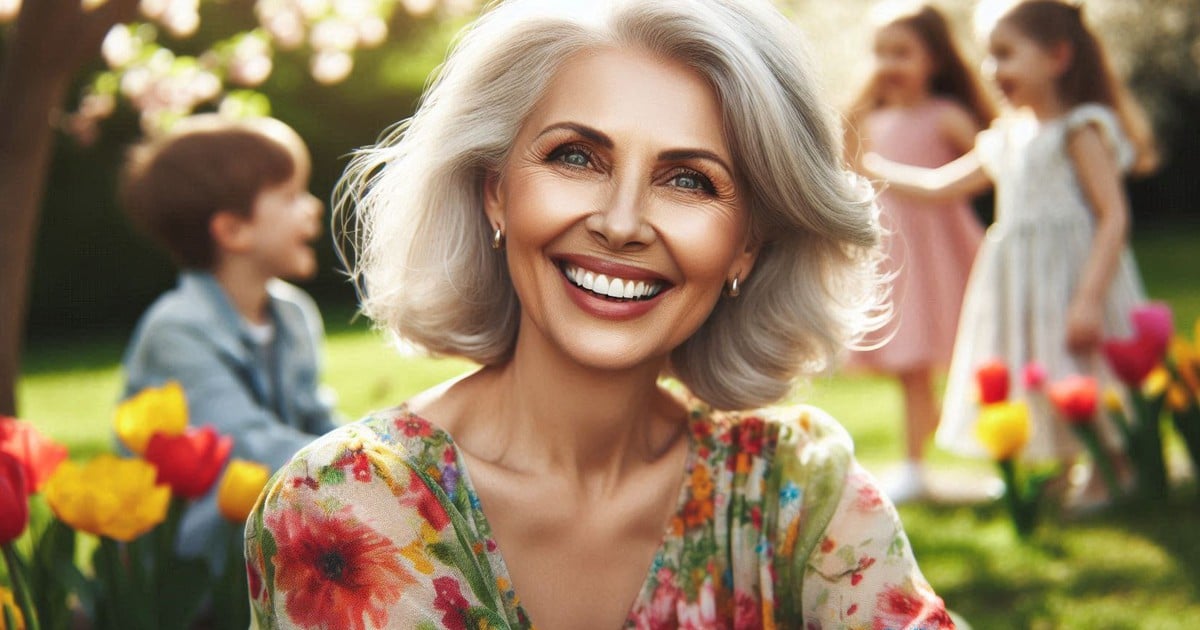
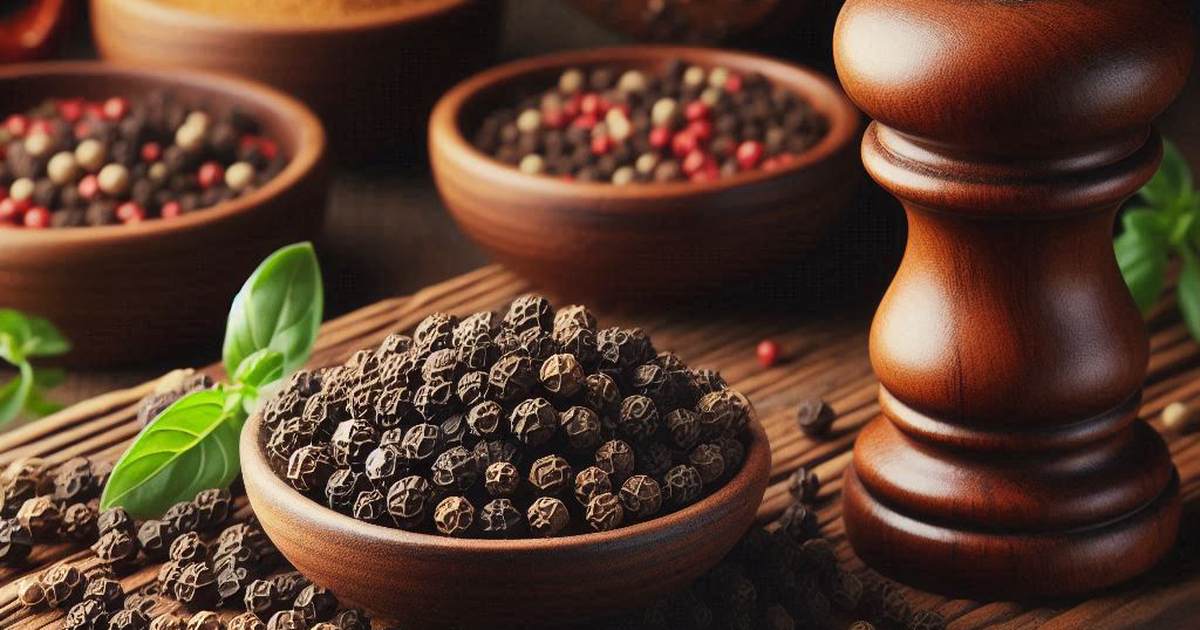
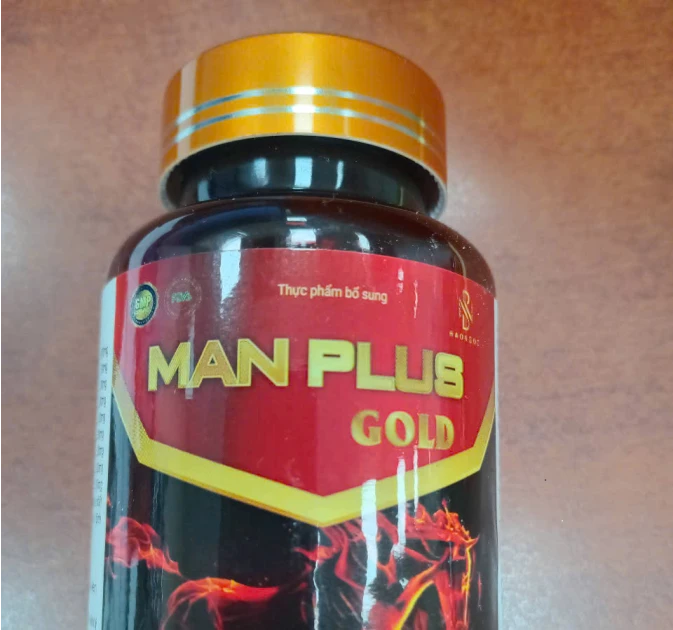

















































































Comment (0)